- Home
- slideshows
- miscellaneous
- 11 small typos that caused big disasters
11 small typos that caused big disasters
A NASA rocket exploded in 1962 due to a misplaced hyphen

A tax code typo is keeping restaurants from remodeling
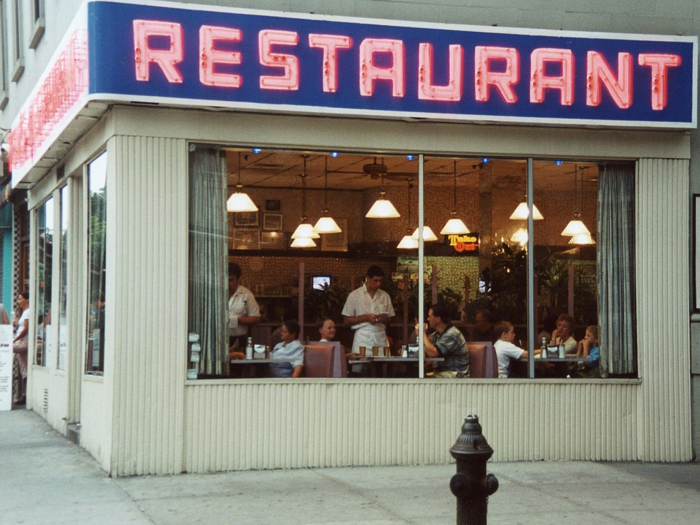
The Tax Cuts and Jobs Act of 2017 was supposed to give tax breaks to mom-and-pop restaurants and shops who wanted to remodel their stores. Instead, an immediate tax break became one that wouldn't kick in for 39 years, all because of a typo.
The mistake reportedly happened because lawmakers were in a rush to get the act passed, so restaurants and shops were excluded from the tax write-off list.
Japanese securities once sold for pennies by mistake, costing a brokerage firm $225 million

In 2005, a Japanese company called Mizuho Securities Co. lost at least $225 million on a stock trade due to a "fat finger" error.
The typo accidentally listed 610,000 shares of their company at 1 yen apiece, instead of what they intended: one share for 610,000 yen ($5,041).
Mizuho tried to cancel their mistake three times, but the Tokyo Stock Exchange doesn't cancel orders, mistake or no mistake. So Mizhuho lost $225 million, which set off the Nikkei 225 index to go down by nearly 2%.
An "exotic" vacation turns "erotic"
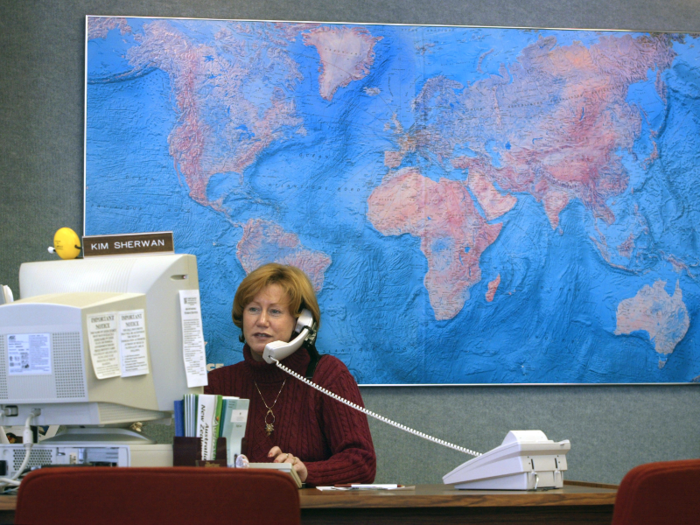
In 1988, the Yellow Pages was a great way to advertise before the internet came along.
Banner Travel Services, a company located in Sonoma, California, put out an advertisement on the Yellow Pages for an "exotic" vacation destination. However, Yellow Pages accidentally advertised an "erotic" travel destination.
As a result of the misused word, most of the elderly clientele stopped booking tours — but large numbers of younger couples asked about it.
Taylor & Sons Ltd. vs. Taylor & Son Ltd.
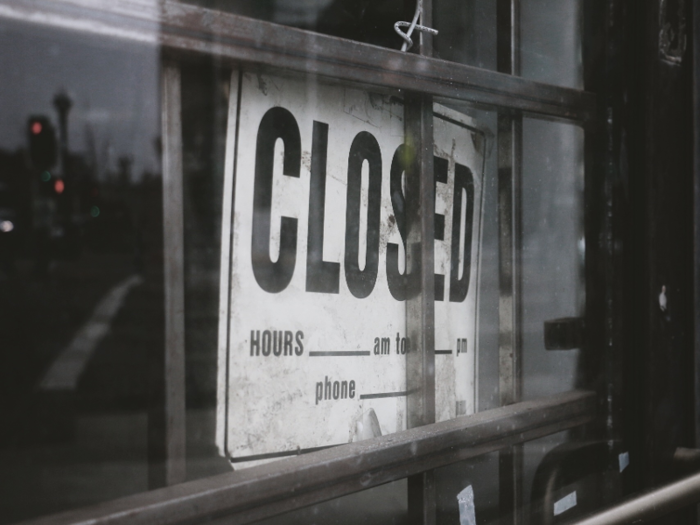
Sometimes, it pays to have a company with a unique name.
Taylor & Sons was a thriving engineering firm in Cardiff, Wales, that accidentally got mixed up with Taylor & Son, a completely different company that was going under.
Companies House, a British bureau that keeps track of all businesses in the UK, listed the wrong company as closing for good in 2009, causing a severe decline in business for Taylor & Sons. Customers disappeared, thinking the firm was gone. In 2014, after 124 years in business, Taylor & Sons closed its doors for good, all because of the grievous clerical error.
Taylor & Sons subsequently sued Companies House, and won £8.8 million ($11.5 million).
A typo on the a tariff act in 1872 cost the US government $40 million
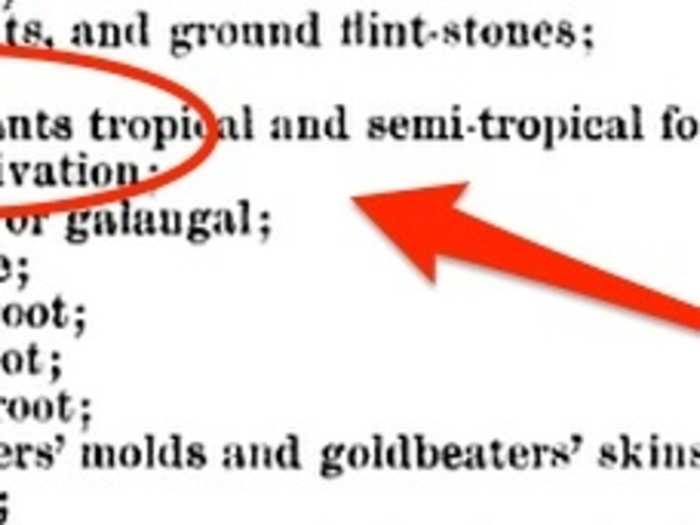
In 1872, a comma that should have been a hyphen in the Tariff Act of 1789 cost the US government a huge sum of money.
The act was meant to decide which goods entering the country were taxed and which weren't. The 1872 update accidentally listed "Fruit, plants tropical and semi-tropical," when it should have listed "fruit-plants."
It may not seem like a significant difference, but the act accidentally made all imported tropical fruit and tropical plants untaxable, as opposed to just tropical plants that bore fruit. The government ended up losing $2 million in revenue, or $40 million in today's money.
An Excel error led to the London Whale debacle
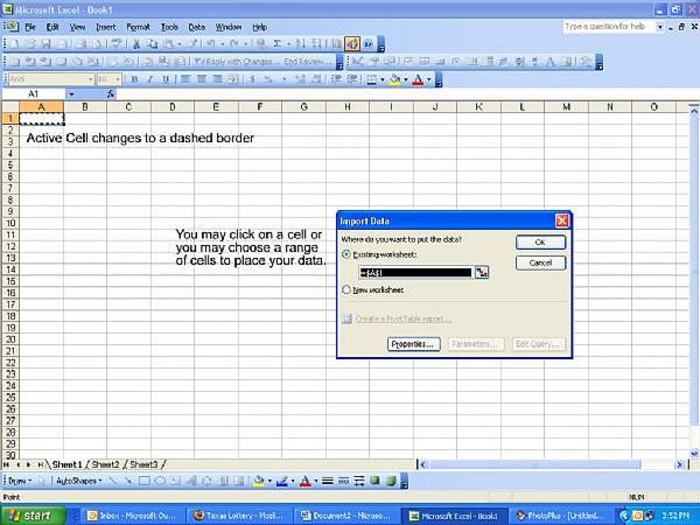
Who is the London Whale? It's the nickname for a guy who reportedly lost JPMorgan Chase & Co. $6.2 billion in stocks in 2012, all because of a simple error.
According to a later report after the incident, Microsoft Excel was blamed for the Whale's flub. A spreadsheet was used by the company to organize its Value at Risk model, which was in turn copy-and-pasted onto another table manually. This meant that an error in Excel led to a massive loss for the company.
However, JPMorgan Chase & Co. made a record profit of $21.3 billion in 2012, so things could have been worse.
Deutsche Bank accidentally gave a hedge fund $6 billion because of its antiquated computers
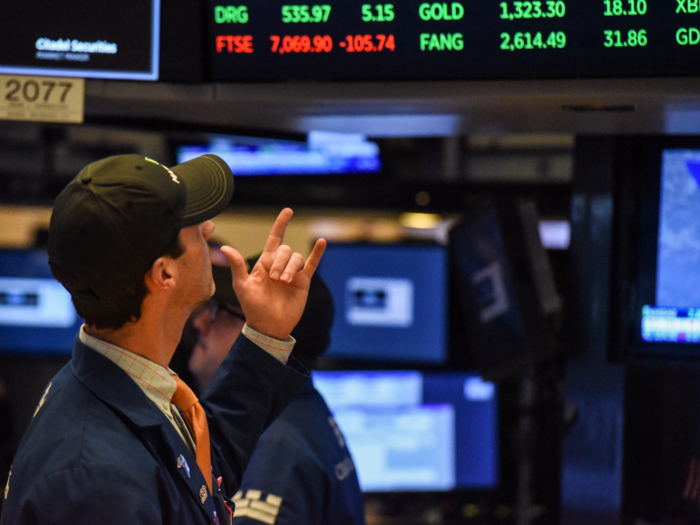
One of Deutsche Bank's clients, a hedge fund, randomly received a payment of $6 billion in 2015, and returned it the next day.
The payment was the result of a mistake by a bank employee. Deutsche Bank's internal systems were also to blame, however. Their CEO, John Cryan, said in a statement that "Our cost base is swollen by poor and ineffective processes, antiquated and inadequate technology."
The typo did have some beneficial consequences, however: the bank planned a complete overhaul of its management system, all from one accidental payment.
The biggest of errors was a loss of $617 billion at the Tokyo Stock Exchange

In September 2014, one of the biggest "fat finger" errors in history lost $617 billion in stocks on the trading floor of the Tokyo Stock Exchange.
A trader accidentally pressed the wrong button, cancelling stock sales adding up to 67.78 trillion yen. Forty-two separate transactions were canceled, which is why the price tag was so massive.
According to the report by the London Evening Standard, the mistake is "thought to be the most extreme example of a trader in financial markets inputting hopelessly wrong figures while working under intense pressure."
A Google forward slash error broke the internet for a day
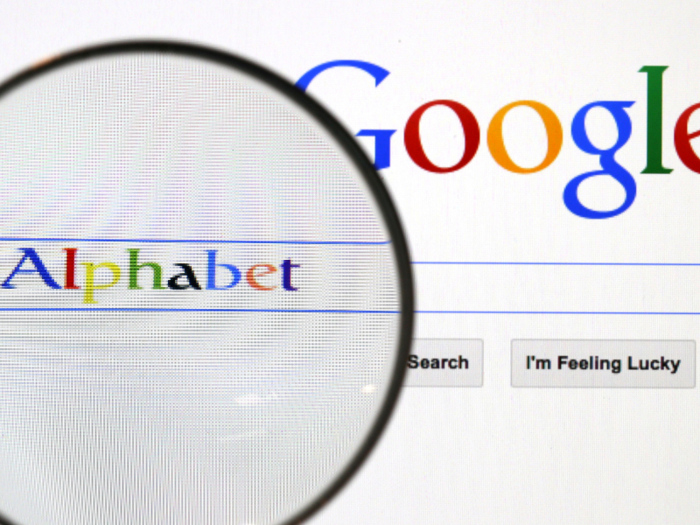
On January 31, 2009, between 6:30 and 7:25 am PST, the internet didn't work properly.
If anyone tried logging onto a website, an error message from Google said "Warning! This site may harm your computer." Google's fumble happened when someone added "/" to a list of harmful sites. For some reason, the trigger for this error message was the forward slash key. Since every website includes a forward slash in there somewhere, every website was considered harmful to computers.
The site that users were directed to, Stopbadware.org, quickly crashed due to the sudden flow of traffic. Google fixed the problem that same day, but not before millions of people noticed.
Typos are a huge money-maker for Google
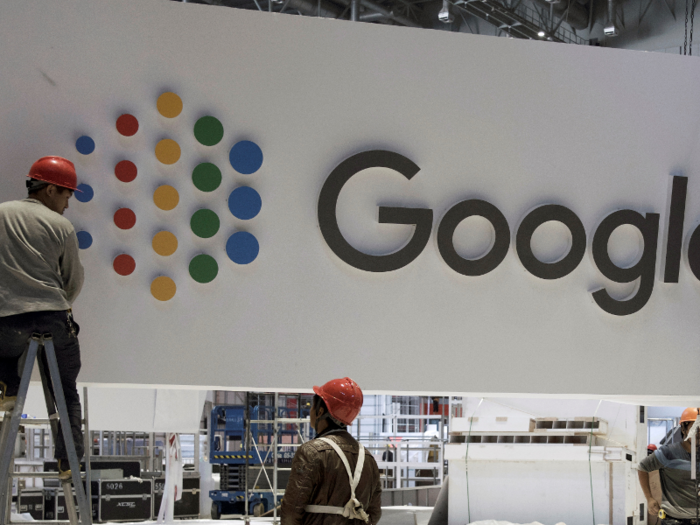
Despite a typo breaking the internet for a day, Google thrives on user errors.
Users who make mistakes when they google websites occasionally find themselves on sites created to take advantage of common misspellings. These web pages are known as "typosquatting" sites. According to a Harvard study, Google's annual income due to typos in searching is $497 million, because those typosquatting sites pay for advertising at the top of Google's search results.
So, unlike the other typos on this list, someone's making money from these.
Popular Right Now
Popular Keywords
Advertisement